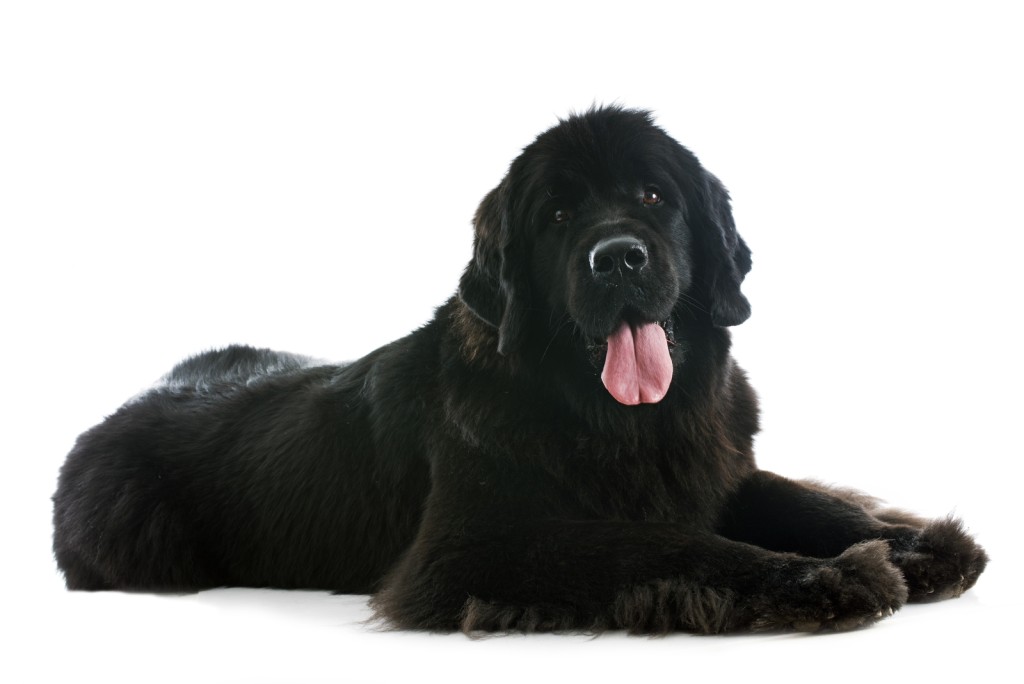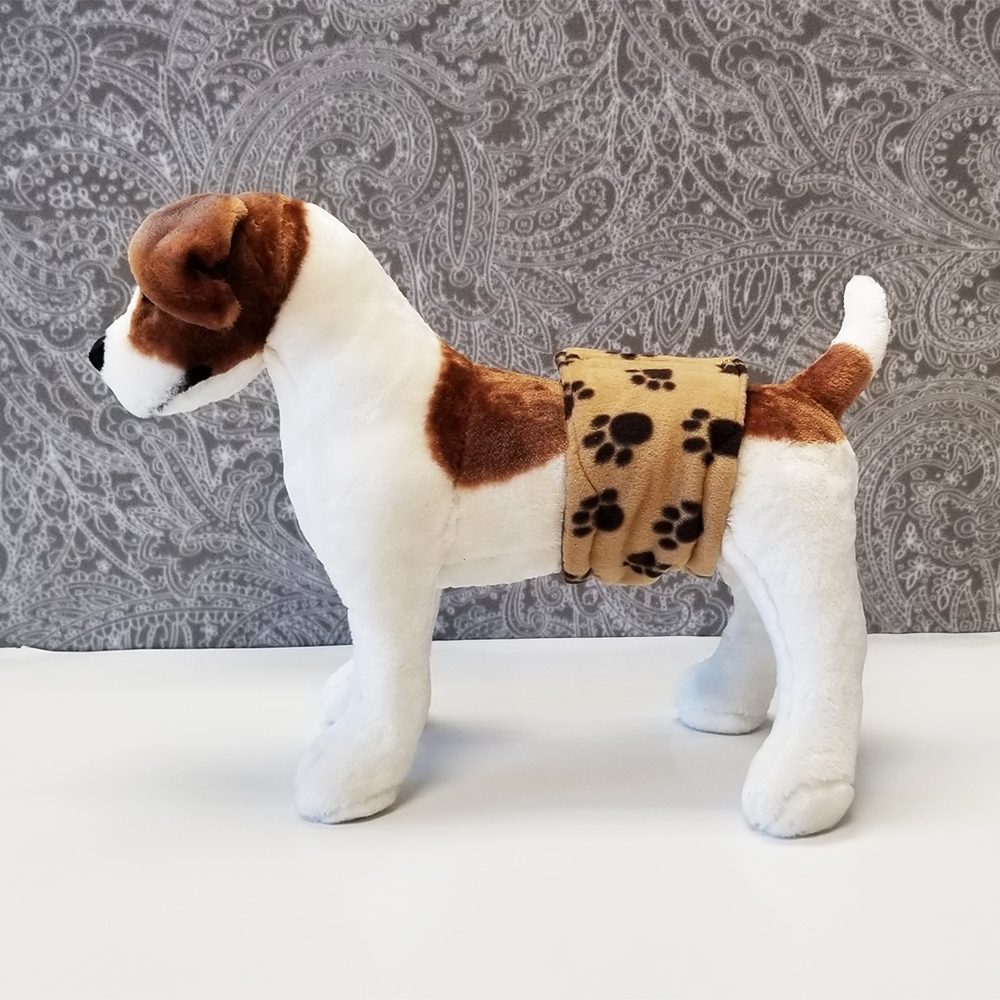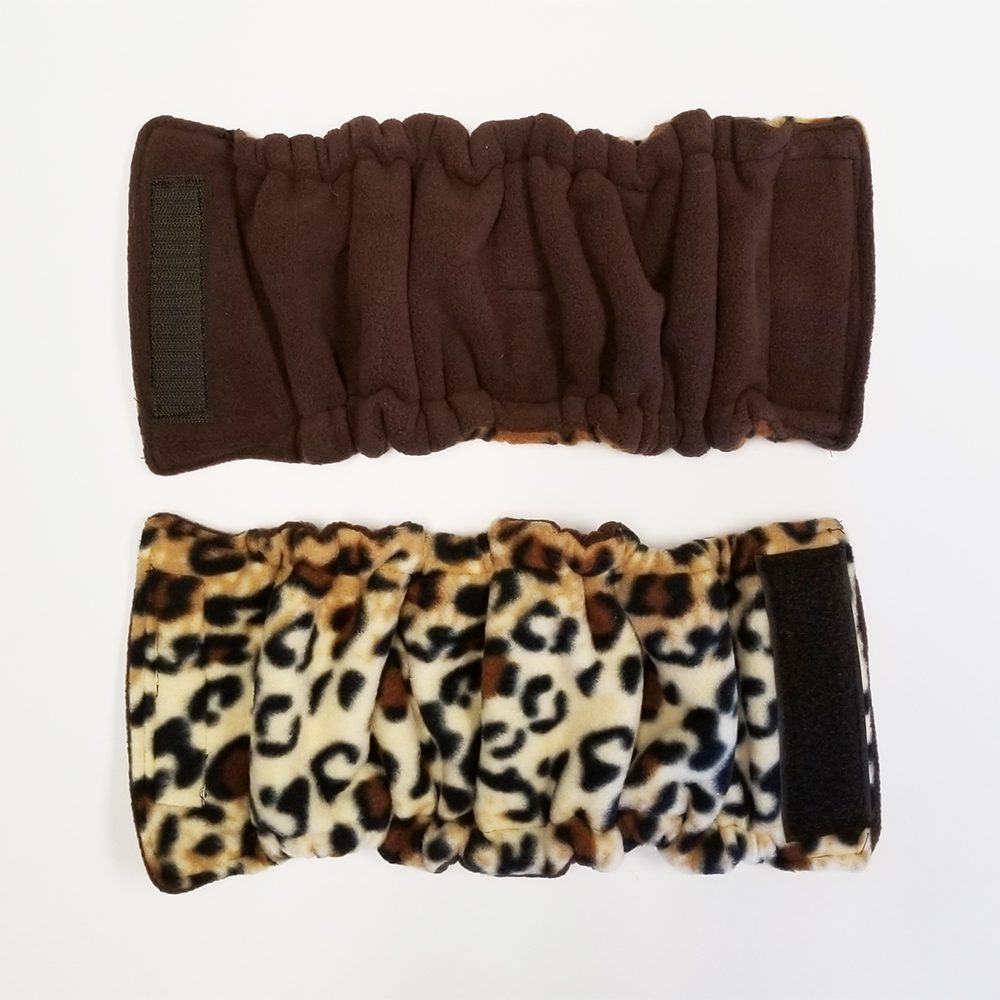Newfoundland

Newfoundland: The Gentle Giant and Skilled Water Rescuer
Welcome to the comprehensive guide on the Newfoundland, a breed esteemed for its massive size, gentle disposition, and remarkable water rescue abilities. This page offers an in-depth exploration of the Newfoundland, a breed that combines strength with a calm and sweet nature, making it an excellent family companion and a capable working dog.
Overview
AKC Height: Males about 28″; Females about 26″
AKC Weight: Males: 130-150; Females: 100-120 pounds
Colors: black, brown, gray, white and black
Life Expectancy: 8-10 years
Group: Working Group
______________________________________
Physical Characteristics
- Imposing Stature and Dense Coat: Newfoundlands are known for their large size and strong build, complemented by a dense, water-resistant double coat, typically in black, brown, gray, or black and white.
- Expressive and Kind Appearance: They have a sweet expression with soulful eyes, adding to their gentle demeanor.
Temperament and Personality
Newfoundlands are renowned for their kindness, patience, and loyalty. These gentle giants are particularly good with children and are known for their protective instincts. Despite their size, they are docile and friendly, making them excellent family pets and companions.
Training and Exercise Needs
- Training: They respond well to positive, gentle training methods. Early socialization and obedience training are important for managing their size and strength.
- Exercise: Moderate exercise, such as daily walks and swimming, is ideal for this breed. Their love for water makes swimming a preferred activity.
- Mental Stimulation: Mental engagement through training exercises and interactive play is beneficial for their well-being.
Health and Nutrition
- Diet: A balanced diet appropriate for giant breeds is crucial. Regular veterinary check-ups are important to maintain their health and manage their large size.
- Health Issues: Newfoundlands can be prone to specific health issues, including hip/elbow dysplasia, PRA, hypothyroidism, SAS (heart condition), cystinuria. Regular health screenings are recommended. Dog Health Dictionary
Grooming and Care
- Coat Maintenance: Their thick coat requires regular grooming to prevent matting and to manage shedding.
- General Care: Routine health care practices, including dental hygiene and ear cleaning, are important for their overall well-being.
Living with a Newfoundland
- Family Compatibility: They are excellent with families, known for being gentle with children and other pets.
- Adaptability: While adaptable, they thrive best in homes where they have space to move comfortably.
- Companionship: Newfoundlands form deep connections with their owners and enjoy being part of the family environment.
Responsible Ownership and Adoption
- Selecting a Breeder: Choose breeders who prioritize health, temperament, and the breed standard.
- Adoption Options: Adoption from shelters or breed-specific rescues is a commendable way to offer a home to a Newfoundland in need.
.
Conclusion: The Newfoundland, with its impressive size, gentle nature, and remarkable swimming ability, is an ideal breed for those seeking a large, affectionate, and loyal companion. Their calm demeanor and protective instincts make them a respected and valued member of many families, especially for those who appreciate their water rescue heritage.
Housebreaking
PUPPY HOUSEBREAKING tips: https://www.dog-breeds.net/puppy-housebreaking/
ADULT MARKING AND RETRAINING tips: https://www.dog-breeds.net/dog-housebreaking-marking-page/



